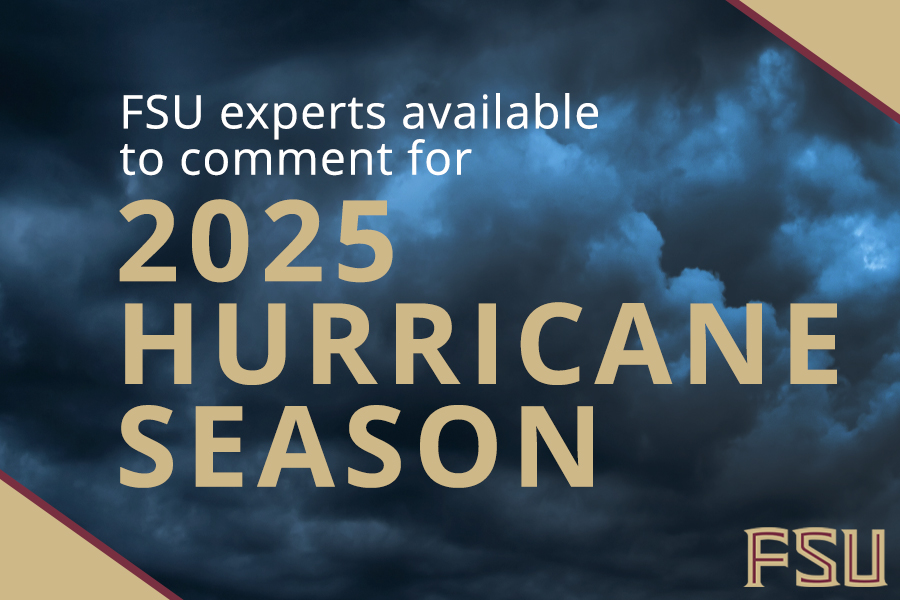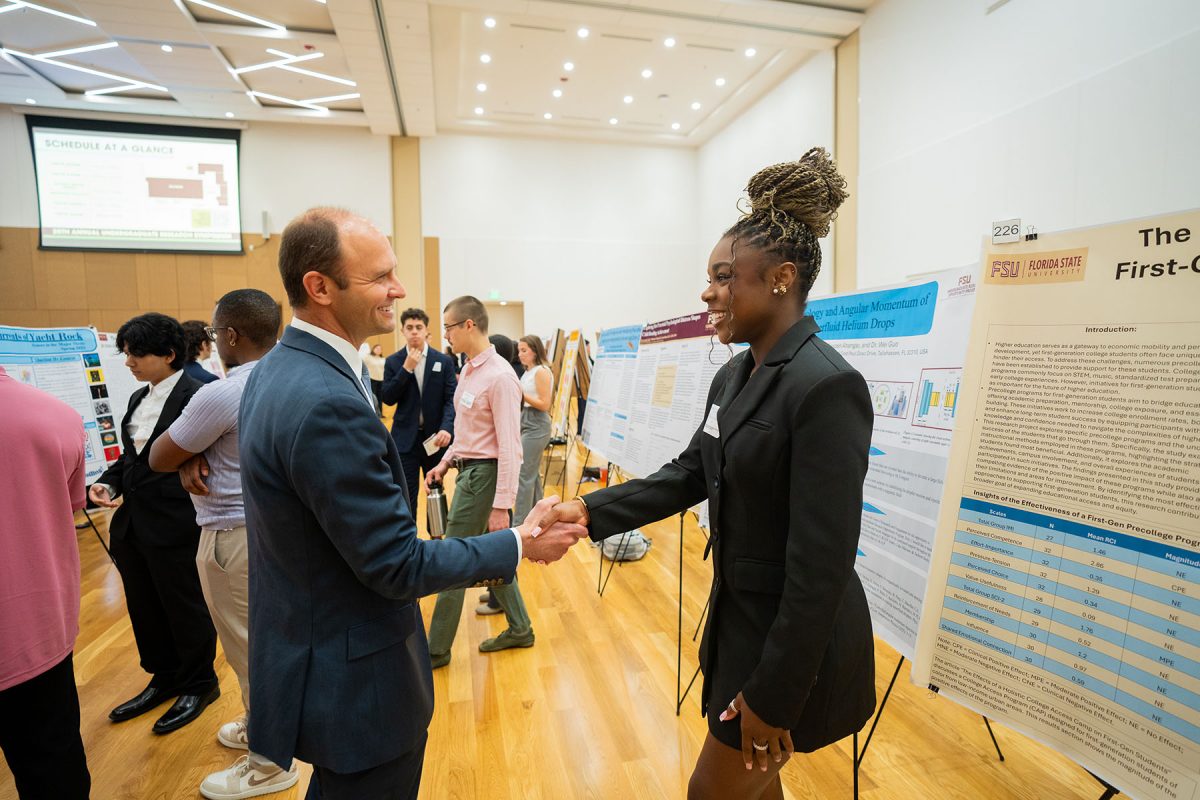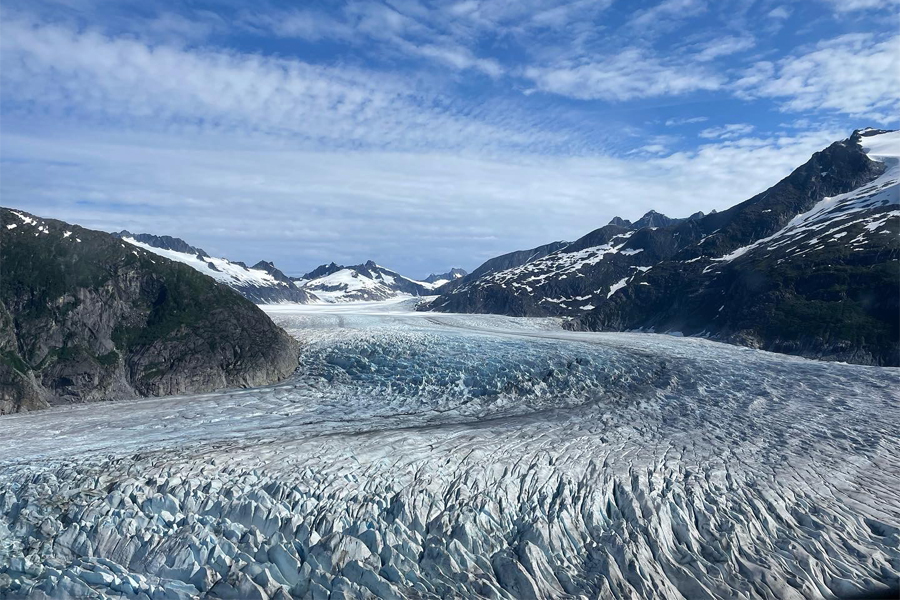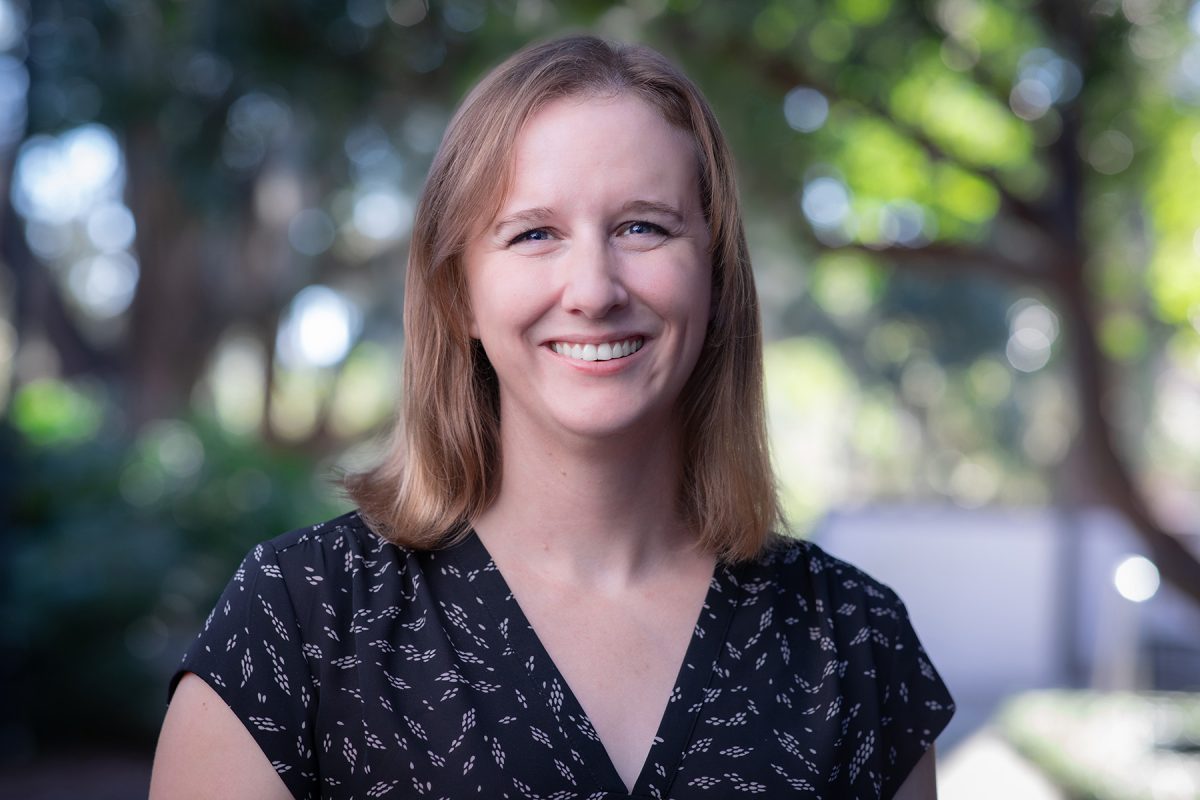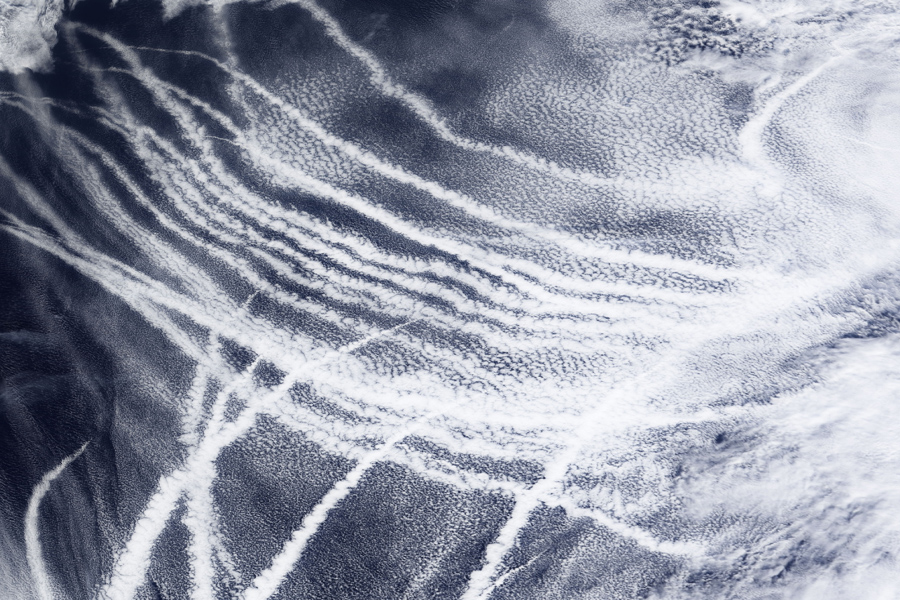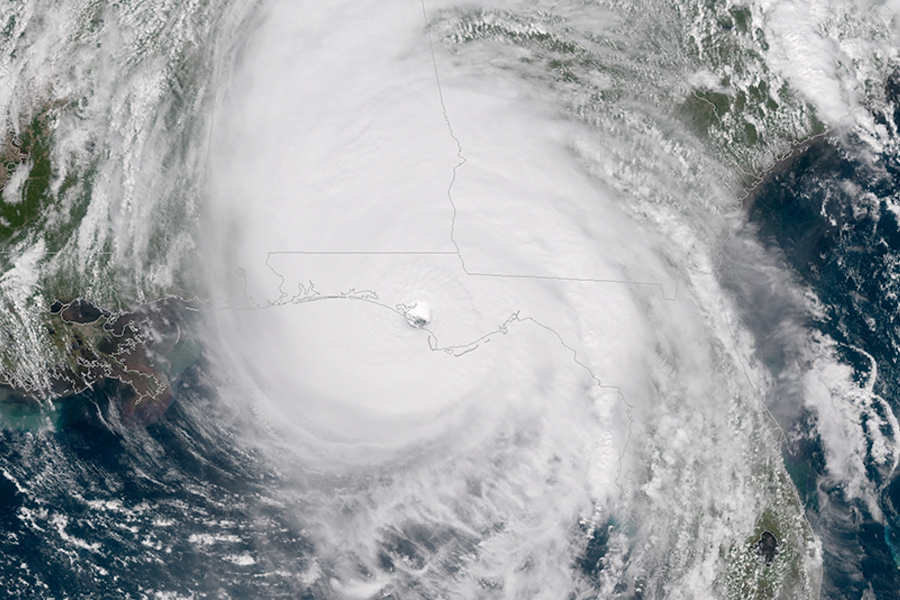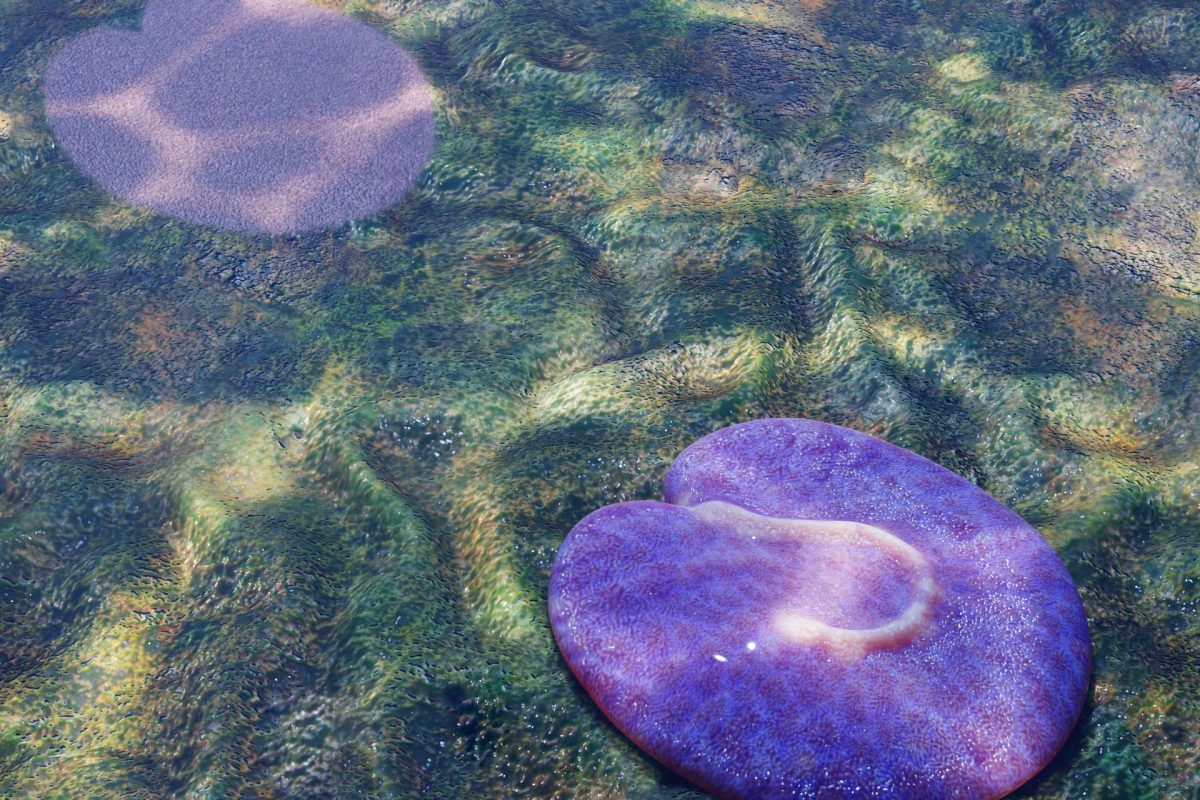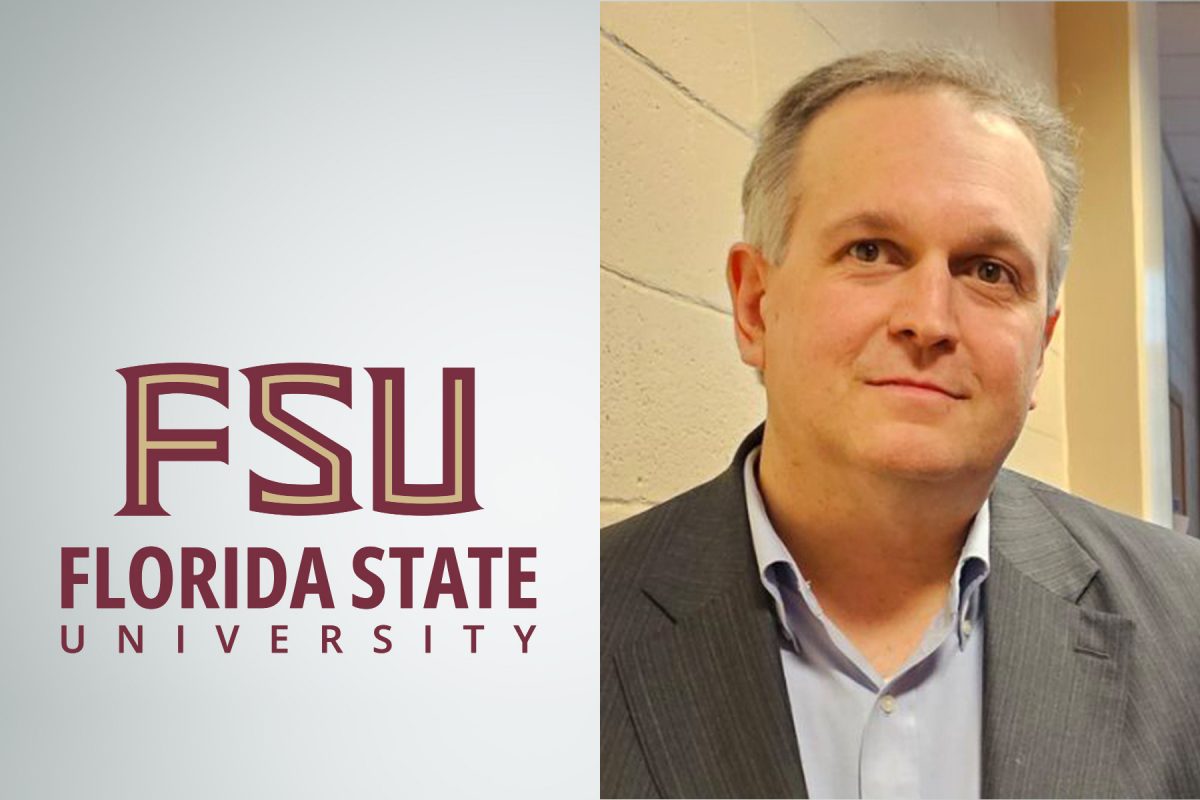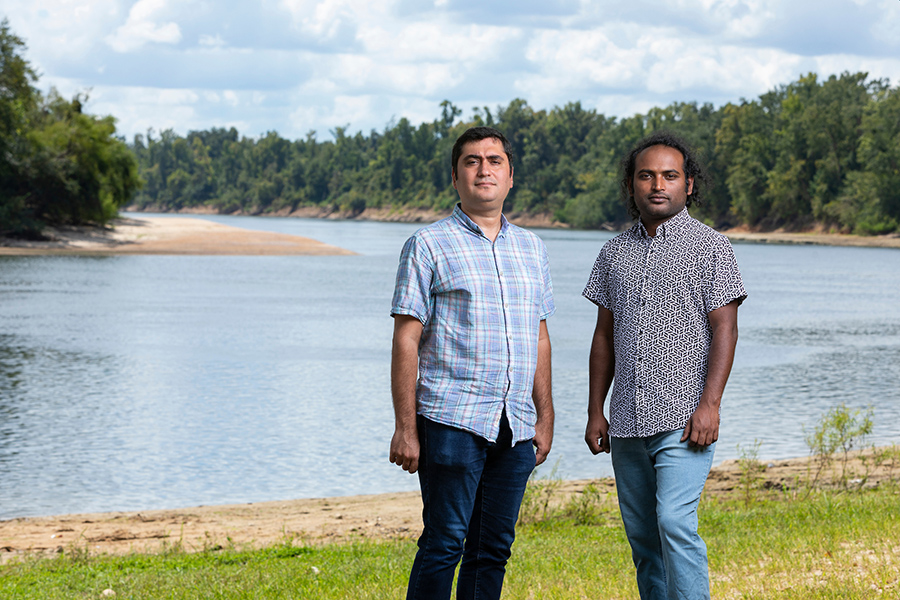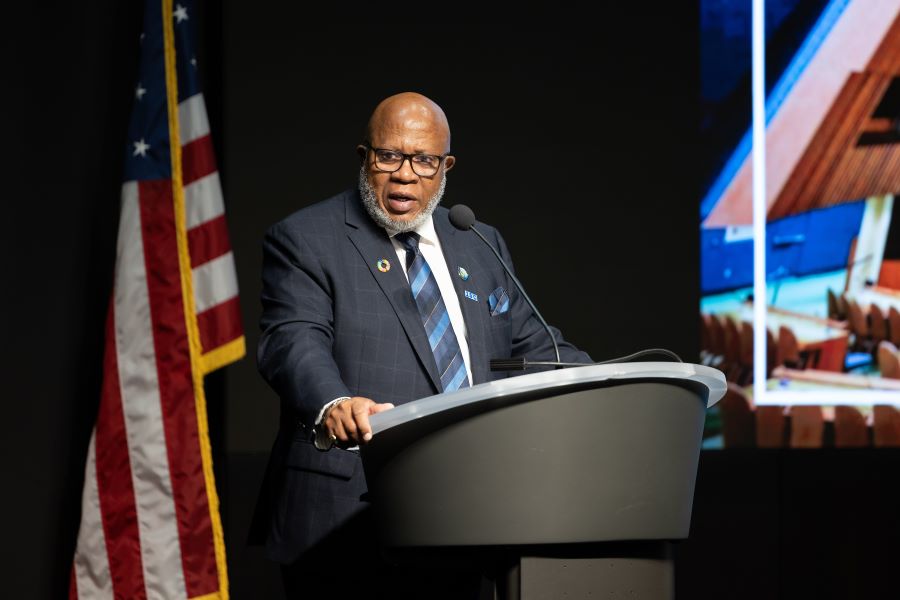Florida State University experts available to comment for 2025 hurricane season
Published: | 1:44 pm
The 2025 Atlantic hurricane season runs June 1 through Nov. 30, bringing with it an increased focus on these destructive […]
Florida State University hosts 25th Undergraduate Research Symposium, the largest in its history
Published: | 11:30 am
Florida State University’s Center for Undergraduate Research and Academic Engagement (CRE) hosted a record-breaking spring symposium for undergraduate researchers Tuesday, […]
FSU recognized as top-producing institution of U.S. Fulbright Scholars
Published: | 3:41 pm
The U.S. State Department’s Bureau of Educational and Cultural Affairs recognized Florida State University for being one of the colleges […]
FSU biogeochemists discover glaciers carry unique molecular fingerprints, influence on carbon cycle
Published: | 3:43 pm
Florida State University researchers are part of the first global study on glacial organic carbon and have found that just […]
Portal to the past: FSU geologist identifies metamorphic rock as a crucial feature of the ancient Earth’s carbon cycle
Published: | 1:58 pm
If Earth’s history were a calendar year, humans would not appear until the last few minutes before midnight on Dec. […]
FSU researcher available to comment on climate impact of shipping emissions
Published: | 12:25 pm
As international shipping continues to power global trade, its environmental impact is becoming an increasingly urgent topic in climate science […]
FSU research improves hurricane intensity forecasting
Published: | 12:53 pm
Hurricanes are massive, complex systems that can span hundreds of miles as they swirl around the low pressure of the […]
Florida State University scientist discovers one of the earth’s earliest animals in Australian outback
Published: | 9:47 am
In the shadow of South Australia’s largest mountain range beneath the outback soil lies a fossil record that reveals a […]
FSU faculty member elected fellow of American Meteorological Society
Published: | 11:59 am
A Florida State University meteorological faculty member has been elected as a fellow of the most prestigious weather organization in […]
Seven FSU faculty and researchers to teach, explore abroad through Fulbright U.S. Scholar Program
Published: | 3:24 pm
Six faculty members and one postdoctoral researcher at Florida State University have received a Fulbright U.S. Scholar Award for the […]
FAMU-FSU College of Engineering researchers examine how drought and water volume affect nutrients in Apalachicola River
Published: | 8:34 am
Near the Florida-Georgia border, the Chattahoochee and Flint rivers meet and become the Apalachicola River, which carries freshwater and nutrients […]
In FSU visit, President of U.N. General Assembly ponders climate, human rights and energy resources
Published: | 6:18 pm
His Excellency Dennis Francis, President of the United Nations General Assembly at its 78th Session, visited Florida State University this […]


